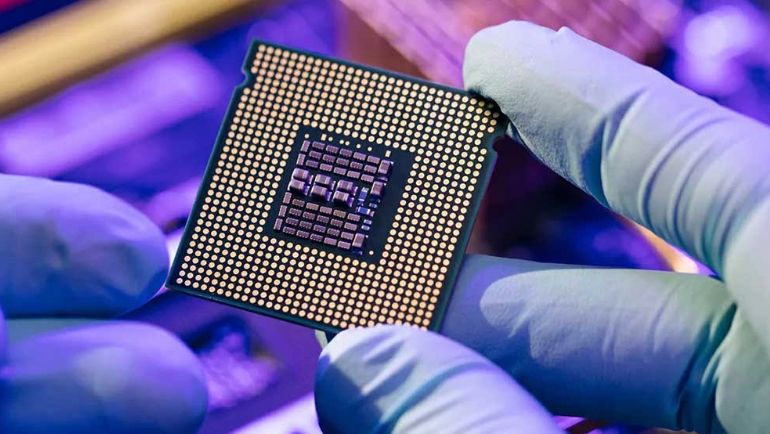Wayne State leads team of Midwest educational and industrial leaders to form NSF-funded semiconductor workforce training network

Semiconductors are fundamental components of modern electronic devices — vehicles, computers, smartphones, video games and more. They're also big business — the global semiconductor market is expected to grow to $1.38 trillion in 2029. In order to meet that projection, a more robust workforce of manufacturers, engineers and fabricators is necessary to keep the supply chain intact, solve technological challenges and fuel U.S. efforts toward self-reliance in this industry.

A multi-institutional research team led by Gozde Tutuncuoglu, assistant professor of electrical and computer engineering at Wayne State University, has received a five-year, $766,136 grant from the National Science Foundation for a project titled “MSN Force: A Midwest Semiconductor Collaborative Network for Work Force Training.” This will be a joint effort across several higher education institutes in the Midwest region — including Lorain County Community College, The Ohio State University, Purdue University, the University of Michigan and Youngstown State University — as well as with industry leaders and other research partners.
MSN Force intends to establish a collaborative network that addresses the increasing need for highly skilled workers in the semiconductor industry in the Midwest, a top-10 region in semiconductor job growth. The ultimate goal is to create a model that can scale nationwide to meet the growing demand of semiconductor chips and sustain U.S. leadership in this critical field.
“We look forward to working together to train a new generation of innovative, effective and inclusive semiconductor workforce aligned with industry demands, and to provide equitable access to semiconductor training for a wide range of student populations.” said Tutuncuoglu, who also leads Wayne State’s Novel Materials and Devices (NOMAD) research group.
The consortium will develop and execute a comprehensive curriculum that guides students through all stages of semiconductor production, from design and assembly to packaging and testing. Emphasis is placed on experiential learning, strong industry engagement and equitable access to training resources.
Over the course of a five-year program, MSN Force intends to provide in-person training for up to 100 students as well as virtual training opportunities to widen the program’s reach.
Co-principal investigators on the project include Mohammad Alhawari, assistant professor of electrical and computer engineering at Wayne State University; Mohammed Ismail, professor and chair of electrical and computer engineering at Wayne State University; Becky Peterson, associate professor of electrical engineering and computer science, and director of the Lurie Nanofabrication Facility at the University of Michigan; and Gerhard Klimeck, professor of electrical engineering at Purdue University. MSN Force is also supported by Midwest Semiconductor Network.
The grant number for this NSF award is 2332207.
Contact info
Julie O'Connor
Director, Research Communications
Phone: 313-577-8845
Email: julie.oconnor@wayne.edu